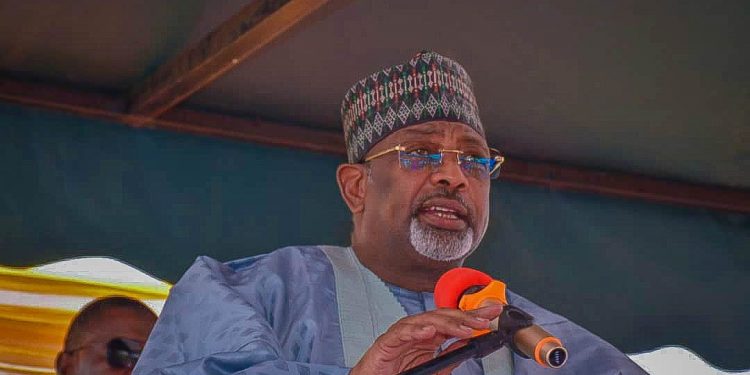The Federal Government of Nigeria has officially endorsed the Food and Agriculture Organization’s (FAO) Digital Village Initiative (DVI), marking a significant shift toward technology-driven agricultural development. The initiative was activated during an inception workshop held in Lagos, where the Minister of Agriculture and Food Security affirmed Nigeria’s commitment to integrating digital technologies across all agricultural value chains.
The Digital Village Initiative, a flagship project by the FAO, seeks to place digital innovation at the core of rural transformation, directly addressing socio-economic and productivity challenges facing farmers both on and off the field. The FAO’s Regional Office for Africa has also introduced the Digital Innovation Strategy as part of efforts to drive inclusive and sustainable agrifood systems across the continent.
Speaking at the workshop, the Minister emphasized that digital agriculture holds immense potential to improve Nigeria’s agro-productivity. He described the DVI as a “timely and transformative” step that aligns with the country’s broader development goals.
“The global digital agriculture sector is rapidly evolving, driven by artificial intelligence, data analytics, and mobile technologies,” he said. “These tools are helping farmers optimize operations, increase resilience, and enhance yields.”
He further highlighted the role of AI in precision farming, noting that it enables better resource management and forecasting. The government’s plan includes the creation of a National Integrated Digital Agriculture Platform, which will act as the central system linking every aspect of the agricultural ecosystem—from farms and inputs to research, transport, retail, and consumer engagement.
This platform, according to the Minister, will serve as the “digital nervous system” of Nigeria’s agricultural sector, helping to deliver food and nutrition security, empower youth and women,
and strengthen the livelihoods of rural communities. Through its partnership with the FAO, the initiative will also enable digitization of the national farmers’ register, farmland mapping, and real-time agricultural data tracking to support strategic planning and policy-making.
FAO’s Representative in Nigeria and ECOWAS, Mr. Koffy Kouacou, expressed confidence in the initiative’s potential to revolutionize agriculture in Nigeria. He reiterated the FAO’s commitment to equipping farmers with the digital tools needed to enhance productivity and resilience.
“This initiative will foster technology adoption, empower farmers with knowledge, and strengthen Nigeria’s position in global agriculture,” Kouacou said.
He also recognized the foundational role of Nigeria’s Digital Agriculture Strategy 2020–2030 and the National Digital Economy Policy and Strategy 2020–2030, which both seek to harness innovation to boost productivity, competitiveness, and food security.
The activation of the Digital Village Initiative places Nigeria on a path to a more modern, inclusive, and technology-enabled agricultural sector, with the potential to reshape rural economies and improve national prosperity through sustainable agrifood systems.










